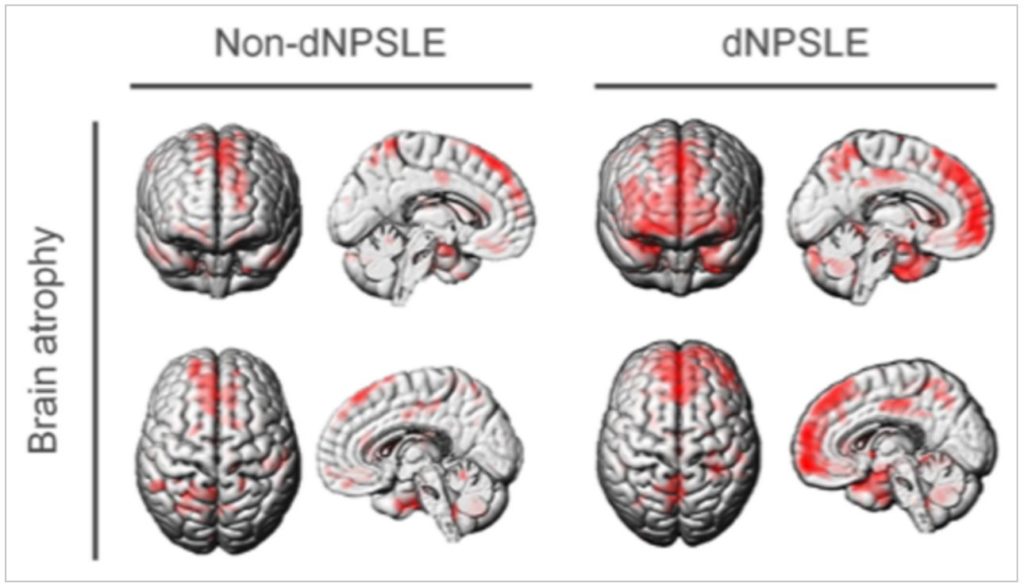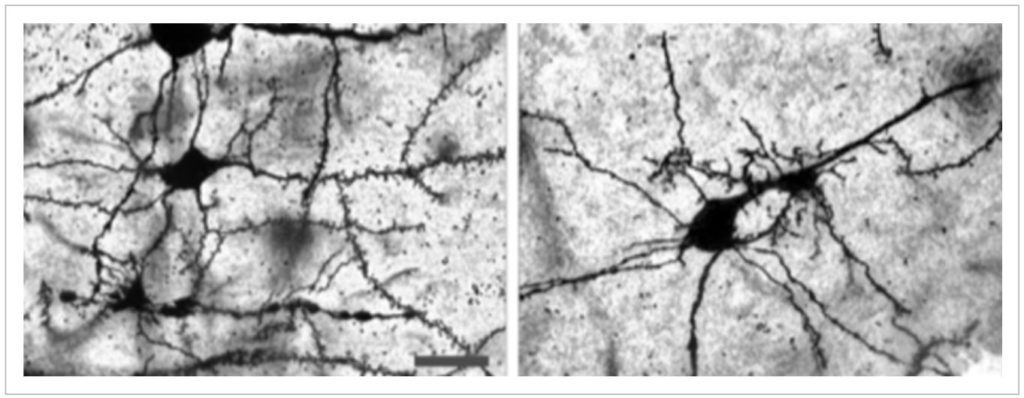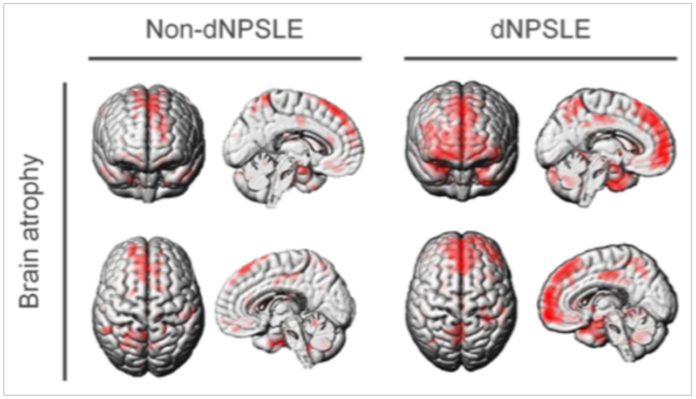Systemic lupus erythematosus, or SLE, is an autoimmune disease that affects every organ system in the body.
This disease is characterized by periods of illness, known as flare-ups, and periods of remission, during which symptoms are mild.
The only available treatments for this illness focus on preventing flare-ups and lessening their frequency and duration.
Neuropsychiatric systemic lupus erythromatosus (NPSLE), one of the most severe types of SLE, affects the central nervous system, including the brain and spinal cord.
Researchers from Hokkaido University’s Institute for Genetic Medicine, under the direction of Professor Masaaki Murakami, have discovered a stress-induced molecular mechanism that affects NPSLE, providing a potential target for the disease’s treatment.
Their findings were reported in the journal Annals of Rheumatic Diseases.
The study group concentrated on a particular kind of NPSLE known as neuropsychiatric lupus with diffuse neuropsychological manifestations (dNPSLE).

dNPSLE is thought to have a wide range of causes, although its pathophysiology is still poorly understood. Since chronic stress is known to have a role in the emergence of numerous autoimmune illnesses, the effects of stress were of particular interest to researchers.
They experimented on mouse models with SLE-like symptoms to find stress-induced molecular processes that could have an impact on dNPSLE.
After putting some of these mice through the stress of not getting enough sleep, they were able to see that the medial prefrontal cortex (mPFC) of the brain was abnormally activated.

At least 509 genes were affected in a big way by not getting enough sleep in the mPFC. The team paid special attention to the upregulation of a proinflammatory gene in microglia that is needed to make two interleukins, IL12 and IL23.
Additionally, they demonstrated that the overexpression of these two interleukins activated the microglial cells of the mPFC.
In these sleep-deprived mouse models, blocking the IL12 and IL23 pathways reduced the neuropsychiatric symptoms brought on by stress.
Most crucially, they demonstrated that IL12 and IL23 levels in cerebrospinal fluid of human patients with dNPSLE were markedly greater than those of healthy people, to the point where they can be utilized as diagnostic markers.
Additionally, they demonstrated that mPFC atrophy occurs in dNPSLE patients. All of these together suggest that the conclusions drawn from the mouse models may also apply to people.
Masaaki Murakami remarked: “In revealing the effect of the stress-induced effects on the expression of IL12 and IL23 in dNPSLE, we have identified them as not only a diagnostic marker but also a novel therapeutic target for this disease.”
Image Credit: Nobuya Abe, et al. Annals of the Rheumatic Diseases.
You were reading: Newly Identified Way Stress Affects Lupus Leads To A Potential Target For Better Treatments
